Description
Abdellatif Laâbi
Translated by Guillemette Johnston and Allan Johnston
The Flight to Samarkand
ISBN: 9781956921373
pbk., 152 pages
(April, 2025)
In his memoir The Flight to Samarkand, internationally renowned poet and activist Abdellatif Laâbi examines his life as it nears its end, meditating on mortality and considering what will remain of his writing after his passing. Through the guise of a third-person doppelgänger, Monsieur Barde, another instance of the “Dear Double” that consistently haunts Laâbi, we share a lifetime of his experiences as he exposes his feelings, fears, and beliefs while reflecting on his childhood in Morocco, his years as a political prisoner, his life in exile in France, his journeys and readings at literary festivals, his sojourns in Andalusia and other regions, and his confinement during the devastation of the Covid pandemic. The famous Iranian tale “The Vizier and Death,” by the 12th century mystic and poet Fariduddin Attar, underlies this memoir and serves as a foil to Laâbi’s own movement toward the meeting with Lady Death.`
Allan and Guillemette Johnston’s masterful and sensitive new translation makes the depth and power of Abdellatif Laâbi’s work accessible to an anglophone audience.
Thalia Pandiri, former editor of Metamorphoses
Guillemette and Allan Johnston’s incisive translations render Abdellatif Laâbi’s bold writing in an English that is both natural and deftly composed, with an intentionality and expertise that is incredibly satisfying. Laâbi’s compelling writing—by turns angry, despairing, musing, sometimes tender, and always fierce—is given a new voice here, one that startles the reader awake with the full force of the power of language.
Molly Lynde-Recchia, Ph.D., former editor of Transference
At the heart of The Flight to Samarkand, written by “Monsieur Barde” (a play on the word bard), lie the unflinching reflections about what the poet’s children must have missed when their father spent years in prison. Other hard-hitting passages are about friendship and companionship, and the role of the poet who writes in an acquired language, and who has lost his natural audience. Spoiler alert: these issues get ingenious and entertaining treatment, but aren’t exactly resolved. The distinctive irony and lack of presumption that characterize Abdellatif Laâbi’s style make for a truly enjoyable read in the graceful translation by Allan and Guillemette Johnston.
—Jacqueline Schaalje, poet and former translation editor for Mayday magazine

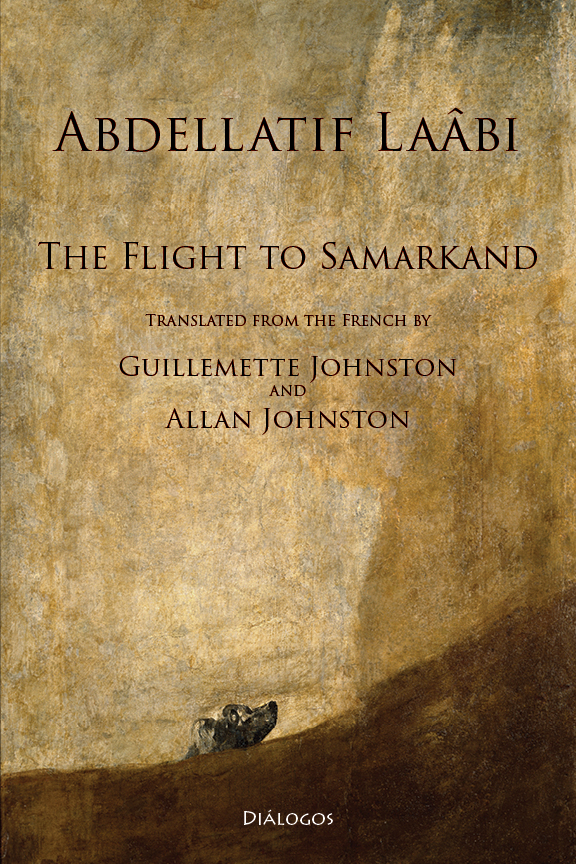

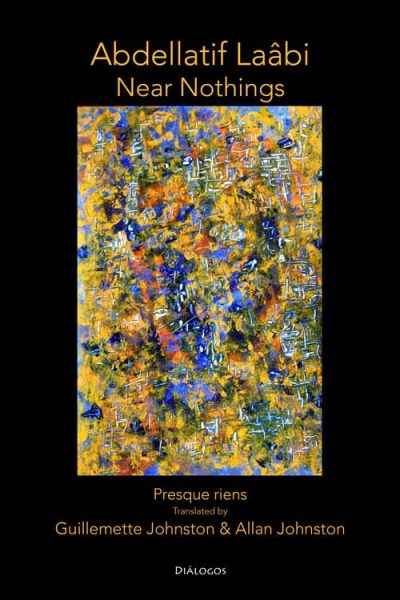
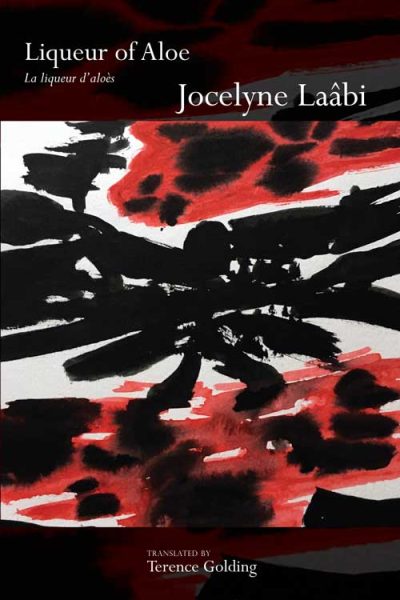
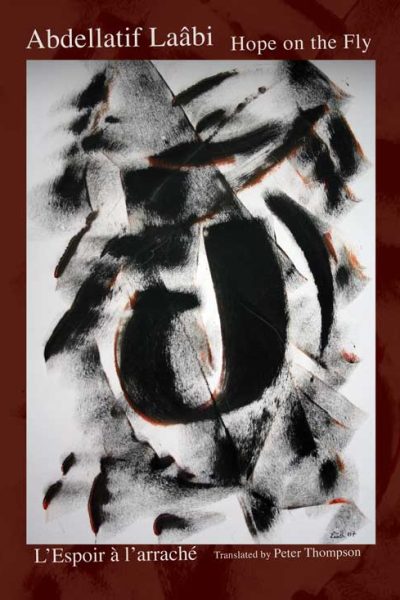

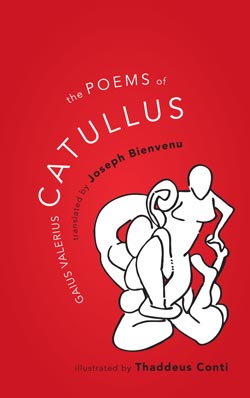



Reviews
There are no reviews yet.